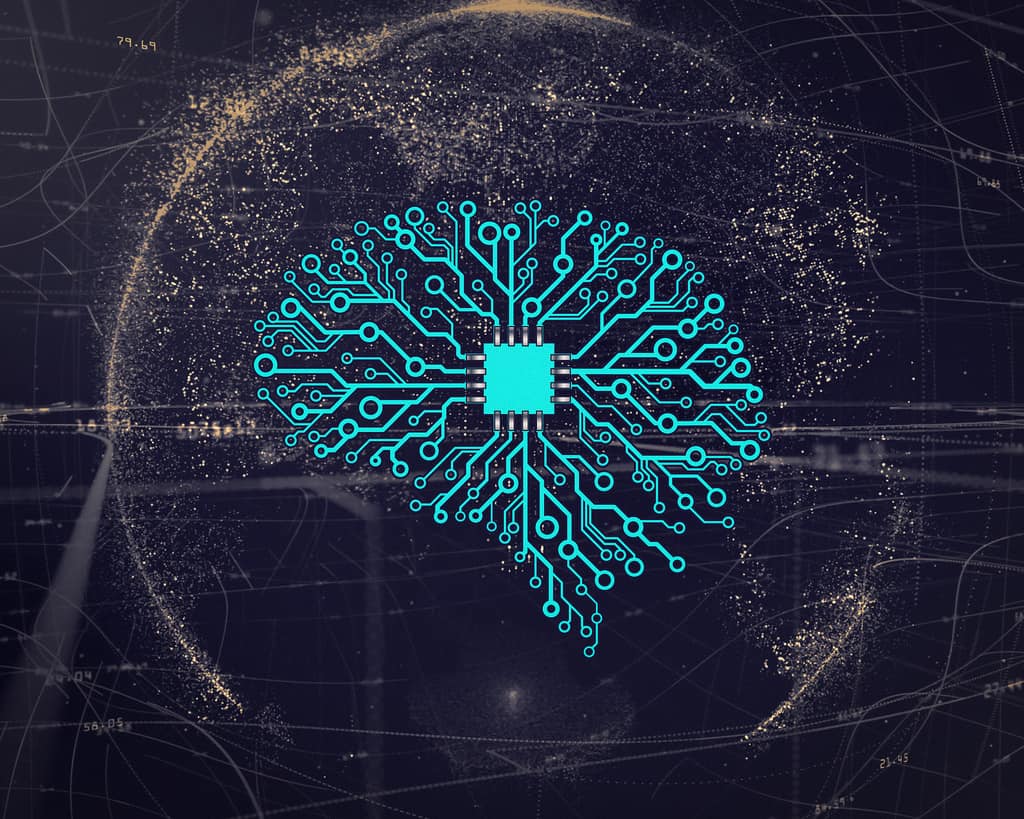The Ministry of Industry and Information Technology (MIIT) is preparing a slew of new policies to drive the development and upgrade of smart manufacturing in China.
State media reports that MIIT has conducted a total of four inspections of smart manufacturing facilities over the past week as part of preparations for a raft of new policies for the sector.
These have included a tour led by MIIT vice-minister Xin Guobin (辛国斌) of smart manufacturing industries in the Zhejiang province city of Shaoxing, and the Jiangsu province city of Suzhou.
While China’s smart manufacturing has made considerable strides in recent years, both officials and outside analysts point to ongoing problems in the sector.
“The current problems with Chinese smart manufacturing and independent manufacturing are ostensibly a case of insufficient core technological support and manufacturing capability,” said Liu Jiaping (刘家平), chair of the Shanghai Lingang Economic Development Group.
“However, looking at a deeper level, systemic supports in other areas remain insufficient, including systems, culture and accompanying measures. This means that change must also be systematic in nature.”
Xu Donghua (徐东华) head of the State-owned Assets Supervision and Administration Commission’s Machinery Industry and Economic Management Research Institute, also highlighted problems with the sector at the China Manufacturing Summit on 6 June.
“China’s machinery equipment industry suffers from unbalanced and inadequate development, over-capacity for low-end products, marked insufficient for high end products, with insufficiency especially severe for the effective supply of high-end basic machinery and basic components,” said Xu.
“Compared to overseas, it’s not just that the products and quality are poor, it’s also a difference in terms of software.”
According to Xu the gap between China and advanced industrial nations is especially pronounced in the areas of instruments, machine tools and agricultural machinery.
Xu said that officials are currently in the processing of drafting a systematic report on smart equipment manufacturing as entrusted by MIIT.
An official push to upgrade China’s manufacturing sector arrives as part of broader ambitions from Beijing to improve the country’s tech capabilities, particularly given ongoing trade tensions with the US that threaten to stymie technological access.
MIIT vice-head Luo Wen (长罗文) recently said at a full session of the ministry’s Electrical Science and Technology Commission that in 2018 it would focus on the in-depth integration of the internet, big data, artificial intelligence and manufacturing.
Xu Kemin (许科敏), head of the MIIT Industrial Policy Department, said that the next generation of information technology should be used to drive reform of enterprise organisation and management as well as industry upgrades; further strengthen management and management innovation, further strengthen coordination between upstream and downstream enterprises, and raise efficiency at all segments.



